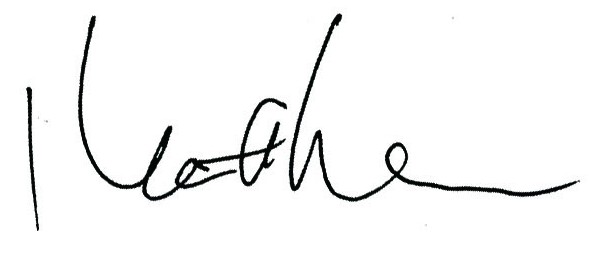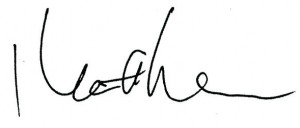Just over a year ago, the movement against compulsory national education in Hong Kong’s schools galvanised the city. Support for the campaign came from people in different sectors of society and of all ages. But it was the secondary school students rallying under the banner of Scholarism who attracted the most attention. Many in Hong Kong were astonished by the teenagers’ ability to take the initiative to organise and mobilise. Their hunger strike and occupation of the plaza outside the government headquarters proved to be a turning point in the campaign.
Then, last month, tens of thousands of black-clad demonstrators once again occupied what has now become known as Civic Square. This time they were demanding the government explain why it had rejected Hong Kong Television’s bid to operate free-to-air television services. The massive demonstration was, in large part, started by a Facebook page set up by a university student.
In the past, the younger generation in Hong Kong often found themselves described as being unmotivated and having little interest in social issues and politics. Today, we are consistently seeing more and more young people in our society making bold statements on an array of social issues. Most importantly, their actions are as loud as their words. Young people have demonstrated their commitment and their ability to make a difference.
Varsity explored this territory in our April 2010 issue on the young activists referred to as the post-80s. Three years on, young people’s participation in social affairs has not diminished. If anything, it has increased and those taking part are getting younger.
We want to look at what may have triggered the increasing social and political participation among young people, and how that participation is manifested.
To that end, this issue of Varsity looks at the Liberal Studies generation. Given Hong Kong’s notorious examination-oriented education system, it was understandable that in the past, students felt they could ill afford to spend time absorbing information about current affairs that would not be tested in their exams.
But the picture changed after the introduction of Liberal Studies as a compulsory core subject in the New Senior Secondary Curriculum in 2009. The subject should help students develop a more critical mindset, particularly about social issues. Students, teachers and legislators tell us how they view the link between social awareness and social participation.
We also look at some of the alumni groups that emerged during and after the anti-national education movement. Traditionally, alumni associations have been more concerned with organising social and leisure activities than social movements. Yet, over the summer, an alumni group from St. Stephen’s Girls’ College took to the streets to fight against the school’s decision to join the Direct Subsidy Scheme. Some of the core members were students who had only recently graduated from the school. How will the involvement of younger alumni change the dynamics of alumni-school relations?
While young people have become more outspoken, there is a common perception that they are overwhelmingly pro-democracy or anti-establishment. However, it must be remembered there are young conservatives on the pro-establishment side and they too are becoming more outspoken. As they see more radical pan-democrat groups and parties gaining support, particularly from young people, with their bold tactics, it seems natural that they would follow suit.
Social and political participation among Hong Kong’s young people is perhaps more varied than people realise. But whatever their stance or form of expression, it is encouraging to see more young people participating. After all, young people are part of our society and their voices count.
Matthew Leung
Editor-in-Chief












































